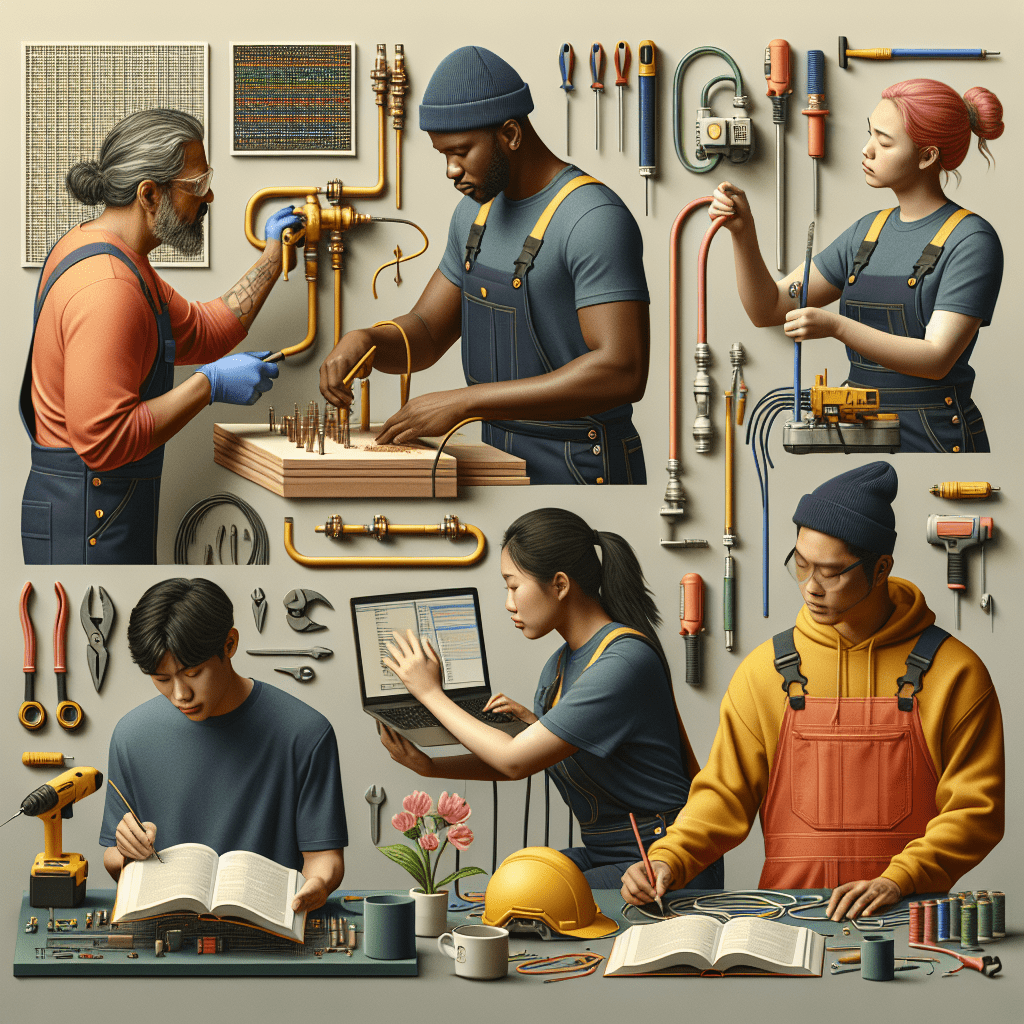
Rethinking Education: A Call for Skills and Innovation

Why We Need a Revolutionary Approach to Skills and Education
Let’s be honest for a moment: our traditional view of education is in desperate need of a shake-up. The Prime Minister’s recent plan to have two-thirds of young people engage in Level 4 or higher programmes is a bold move. But this is just the tip of the iceberg. We need to rethink how we prepare our future workforce, not just applaud a statistic.
This isn’t just about sending kids to university. It’s about prioritising skills that matter. If we don’t get this right, we risk leaving our economy vulnerable and our young people disillusioned. How many times have we heard tales of graduates struggling to find jobs that match their degrees?
The NEET Challenge and What It Means for Us
That brings us to the worrying issue of NEETs – young people Not in Education, Employment, or Training. It’s heartbreaking to think that a significant number of our youth could potentially have a bright future but are instead sidelined.
Imagine the potential we could unleash if we moved away from the university-centric model. We’re not just talking about changing perceptions; we’re talking about reshaping our entire educational landscape. This means not only accommodating those on a university path but also embracing vocational training and apprenticeships.
Consider this: to meet the ambitious target of 66% engaging in upskilling, we need a robust strategy that addresses various sectors. Skills for the NHS, management, tourism, and housing – these are not just buzzwords; they are essential for our economy.
Independent Training Providers: The Unsung Heroes
Now, let’s talk about the unsung heroes in all of this—independent training providers. These nimble organisations often have strong connections with local employers, enabling them to tailor their training programmes to meet current industry demands. Their agility means they can adapt to the changing landscape of skills requirements much faster than larger institutions.
We can’t simply rely on 29 Technical Excellence Colleges or 157 further education colleges to carry the weight. Higher education will play a crucial role, but it’s quite clear that they can’t shoulder this monumental task by themselves.
The government must acknowledge and support independent training providers, ensuring they receive the backing and resources to thrive. We need a collaborative ecosystem that integrates all players in the skills landscape, creating partnerships that genuinely work towards our shared goals.
Building a Skills Ecosystem for the Future
Are we prepared to embrace this collaborative approach? The success of the Prime Minister’s target hinges on whether we can unite and align various educational bodies, businesses, and government entities.
When I think back to my own experiences, I remember the times when a hands-on approach made all the difference. I started my career by diving straight into the real world, learning skills that helped me navigate my way through different industries. It’s these experiences that have shaped my belief that education should be accessible, varied, and relevant.
So, what’s next?
We need to ask ourselves: how can we support this evolution? Are we ready to encourage apprenticeships and vocational training as viable and respectable alternatives to traditional university paths?
Join the Conversation
In conclusion, the conversation around skills and education is critical to shaping our future. Let’s empower our young people, ensuring they are equipped and ready to face the challenges of tomorrow. The time to act is now.
So, what do you think? Are we headed in the right direction? How do you see your role in supporting this new vision for skills and education? Let me know your thoughts.
#CitySkills #SkillsForTheFuture #Apprenticeships





